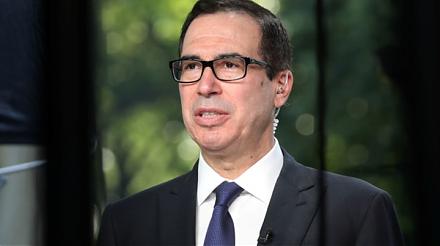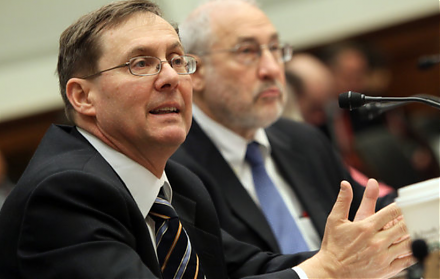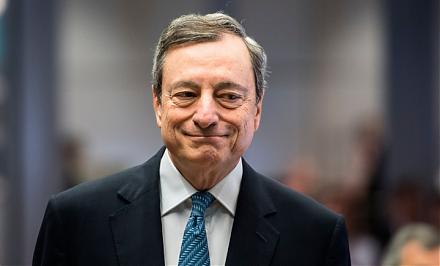

2018-01-13 08:39:00 Sat ET
treasury deficit debt employment inflation interest rate macrofinance fiscal stimulus economic growth fiscal budget public finance treasury bond treasury yield sovereign debt sovereign wealth fund tax cuts government expenditures
The Economist digs deep into the political economy of U.S. government shutdown over 3 days in January 2018. In more than 4 years since 2014, U.S. government shutdown looks likely to end within a specific time frame. Government shutdowns cost a great deal, dampen stock market investor sentiments and expectations, and embarrass congressional members on the Senate and House of Representatives. Democrats now exacerbate procedural uncertainty and hence put pressure on the Republican Senate majority leader over DACA and Obamacare legislative issues. Both DACA and Obamacare are controversial milestones, and Democrats require reasonable solutions to carefully crafting better health care and immigration bills.
President Trump urges Congress to pass a *bill of love* for DACA recipients to stay with legal residency (but not citizenship) in exchange for better border security finance and stronger enforcement of immigration laws. Also, both Republicans and Democrats seek to present their alternative cases for health care reforms in lieu of Obamacare or the Affordable Care Act.
These legislative issues matter because an increase in U.S. government debt and deficit may trigger greater seigniorage in light of robust money supply growth and Treasury bond issuance. The resultant seigniorage discrepancy can translate into inflation that manifests in higher general prices for the typical American consumer. In accordance with its dual mandate of maximum employment and price stability, the Federal Reserve would need to accelerate the current neutral interest rate hike to contain inflation near full employment. These ripple effects may dampen stock and bond prices, investor sentiments, and macroeconomic expectations.
If any of our AYA Analytica financial health memos (FHM), blog posts, ebooks, newsletters, and notifications etc, or any other form of online content curation, involves potential copyright concerns, please feel free to contact us at service@ayafintech.network so that we can remove relevant content in response to any such request within a reasonable time frame.
2019-08-10 21:44:00 Saturday ET

McKinsey Global Institute analyzes 315 U.S. cities and 3,000 counties in terms of how tech automation affects their workers in the next 5 to 10 years. This
2025-10-13 12:32:00 Monday ET

Stock Synopsis: With a new Python program, we use, adapt, apply, and leverage each of the mainstream Gemini Gen AI models to conduct this comprehensive fund
2019-10-05 07:27:00 Saturday ET

Treasury Secretary Steven Mnuchin indicates that there is a good conceptual trade agreement between China and the U.S. in regard to intellectual property pr
2023-07-28 11:28:00 Friday ET

Lucian Bebchuk and Jesse Fried critique that executive pay often cannot help explain the stock return and operational performance of most U.S. public corpor
2019-10-17 08:35:00 Thursday ET

The European Central Bank expects to further reduce negative interest rates with new quantitative government bond purchases. The ECB commits to further cutt
2024-02-05 11:26:00 Monday ET

China poses new economic, technological, and military threats to the U.S. and many western allies. In the U.S. government assessment, China poses new eco